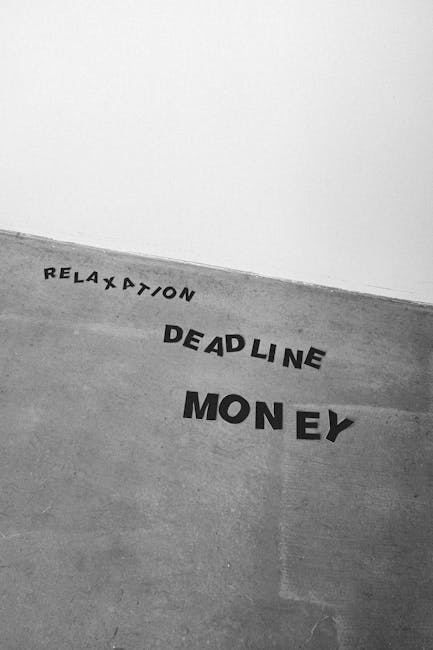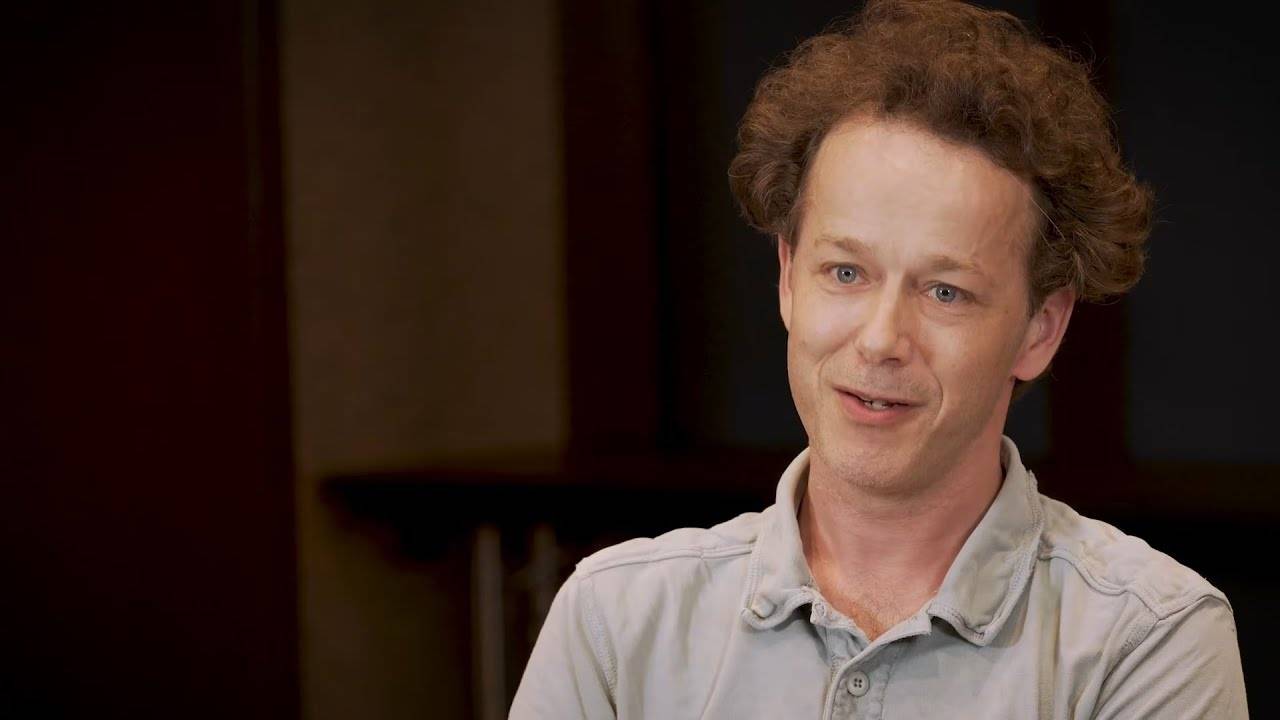I’m Heiman Wertheim, I’m a clinical.
microbiologist, I'' m a clinical physician trained in clinical microbiology, and I was.
trained in the Netherlands and then I relocated to Vietnam in 2006, to OUCRU in Hanoi and I.
established the unit there, and our main focus is drug resistant infections and a wide range.
of other illness that we’re additionally researching. We began in 2006 concentrating on.
serious influenza infections, however we saw a lot of medication immune infections.
created by germs – these people are failing anti-biotics that we think about should work – and.
then we re-focused the things we were doing on what is in fact creating medicine immune.
infections and what we can do concerning them. What we also saw, primarily, is that.
people come right into hospital for factors unrelated to infections yet as a result of.
mechanical ventilation they obtain pneumonia, so the neighborhood body immune system is damaged, then.
they get a hospital-acquired infection which is medicine resistant and these individuals.
are stopping working common therapies.If you take a look at more of a neighborhood degree,.
the problem is that there is very little diagnostics being done, but we see individuals.
entering into health center with drug immune transmittable acquired in the area,.
we identify them with resistant bugs, we assume it’s truly high but probably in.
the community it’s a bit much less of an issue, but still it’s there and we only see.
in the hospital the instances that stopped working, so we truly do not recognize plainly the burden.
of medication immune infections in the community. Also in the Netherlands which has one of.
the most affordable prices of resistance and most affordable rates of antibiotic usage, and likewise in the UK,.
you see all the troubles originating from outside: people travelling and coming back with.
resistant bugs, and I have seen instances of that, so it’s really happening, it’s not like.
something that might happen in the future it’s actually happening currently, and so I do not.
believe you can only focus on your own nation, you actually need to be able to go where.
it has the highest concern and try and do something there, because one method or.
another it’s mosting likely to concern Europe.That is why we
‘re studying medicine.
resistance in Asia, and I think it’s an important location to do something not simply.
on specific people yet additionally on plans, and really make an adjustment not just for.
Vietnam yet an adjustment for global health. The good aspect of Hanoi is that.
it’s close to the Ministry of Health, so anything that we discover.
also has an influence on policy, so as opposed to concentrating on simply specific.
people or doing professional trials, we also seemed like we can really involve with plan.
manufacturers and make a change on a bigger range. The major modification in our study in the last.
5 to one decade? We moved from hospital-based research study into the areas, so we.
are doing clinical tests and looking at exactly how rapid medical diagnoses can help bring.
down antibiotic use in an area. As you can see in the areas, if.
you come in with a top respiratory system tract infection which doesn’t require an.
antibiotic, by considering a biomarker, a rapid test, instead than looking for a certain.
microorganism, offers a result in 3 to 5 mins, and we discovered that this was actually useful.
in reducing antibiotic use by 20%.

This 20% reduction is possibly an underestimate.
since several key healthcare centres were not always certified due to the fact that they had a supply of.
prescription antibiotics that they still needed to do away with, which is really interesting since it reveals.
that we also need to take right into account purchase procedures for these centers,.
and additionally look in those kinds of points. We ought to fund this research study as drug.
resistance is a global wellness problem, it’s currently called by the United Nations a global.
crisis – you can not just concentrate on our own nation, you need to take a worldwide method, with.
the understanding and know-how that we have, deal with the local individuals and reinforce.
their ability, make them feel liable and involve them and make them take the lead,.
and really do the important things that they should do.In OUCRU, Hanoi, we work carefully with the.
National Institute of Health and Epidemiology which is the general public health and wellness authority, so what.
we do is concentrate on public health and wellness problems and how our job from the lab effect on what.
is occurring with people or communities. For instance we had a measles outbreak,.
even though the federal government claims there’s an excellent protection for measles, we.
saw via our prevalence information that individuals are not safeguarded enough.
which described the outbreak, revealing that the job we do in the lab can assist.
and make a modification for public wellness, for example.

